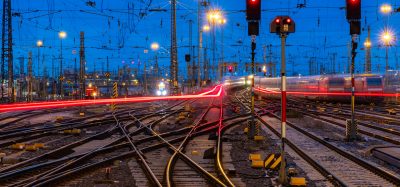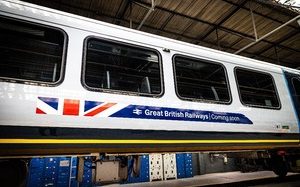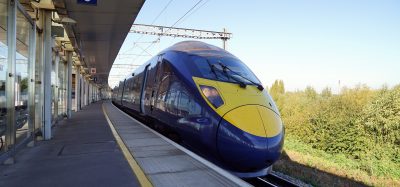Digital Rail Revolution 2019: Key trends impacting rail’s digital journey
Posted: 7 November 2019 | Global Railway Review | No comments yet
Digital Rail Revolution 2019 opened its doors on 7 November, and brought together experts to discuss the trends impacting the digital transformation of rail.
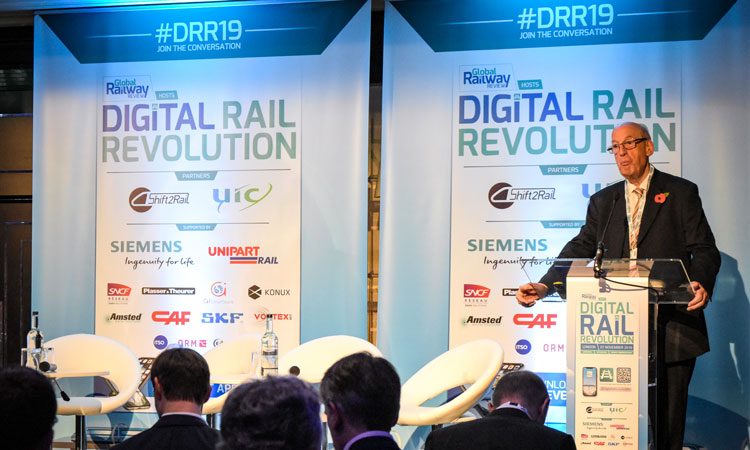

Michael Robson, Managing Director, Robson's International Rail Transport Consultancy emphasised the importance of rail digitalisation creating a "consistency" for passengers.
Global Railway Review’s Digital Rail Revolution 2019 opened in London on 7 November 2019, and brought together more experts and top level management than ever before to discuss the current trends and emerging themes impacting the digital transformation of rail, including topic such as big data, IoT, predictive maintenance, cyber-security, 5G, artificial intelligence, and much more.
The conference was opened by Craig Waters, Editor of Global Railway Review, who pointed out that “challenges do still remain for the sector to enhance passenger experience, improve rail freight and business processes – but with innovation, investments in research and a much greater understanding of the impact of data, there will be huge opportunities over the years to come for the sector…”
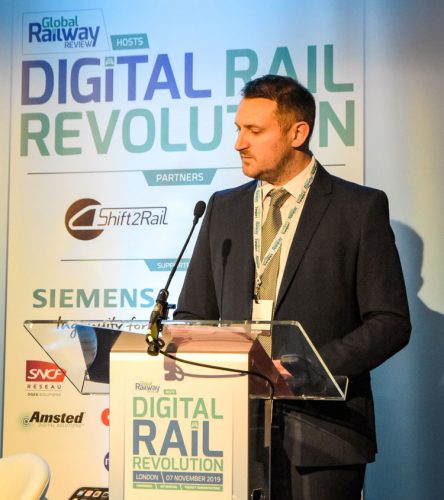

Craig Waters, Editor of Global Railway Review pointed out the “huge opportunities” offered by rail digitalisation.
Chairman of the conference Michael Robson, Managing Director of Robson’s International Railway Consultancy, echoed Waters’ sentiments for improvement and opportunities through digitalisation saying that it is “moving us to where we want to be, to predict and to prevent”.
Robson also emphasised the importance of rail digitalisation in passenger experience saying that customers are ever more technologically savvy and “demanding” and that new technologies can allow for “consistency, so all passengers experience the same great service”,
Indeed, with topics at the conference such as the future of rail in the transport eco-system, which will rail’s role for today’s ever-busy society, the morning’s sessions reflect an emphasis on the passenger.
With innovation… there will be huge opportunities over the years to come for the sector…”
Robson also touched upon freight and logistics, pointing out that “we are not the only players” in this field and the industry must work with others at “intermodal terminals”.
This idea of connectivity and working with others was a running theme throughout the morning’s sessions of Digital Rail Revolution, with topics such as ERTMS and creating a Europe-wide railway system, as well as investigating recommendations for a common legal framework and driving fore rail transformation with new business models, partnerships and skill-sharing.
Digital Rail Revolution itself also strives for connectivity, providing a platform for industry experts to learn from each other’s experiences and discuss how the sector can move forward.




